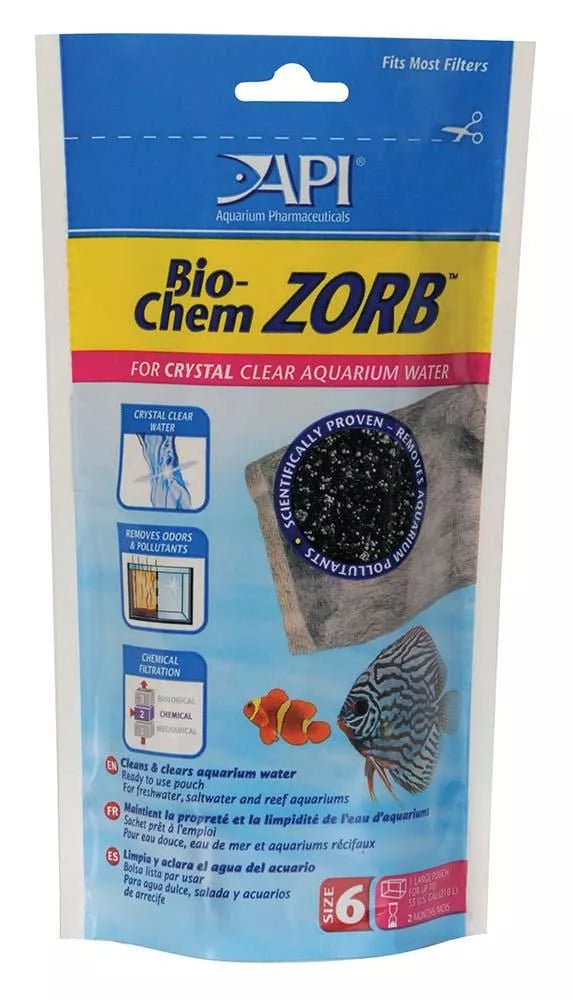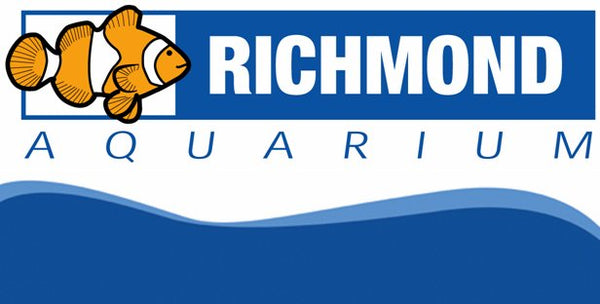1
/
of
1
Bio Chem Zorb Pouch 10oz.
Bio Chem Zorb Pouch 10oz.
Regular price
$21.00 USD
Regular price
Sale price
$21.00 USD
Unit price
/
per
Shipping calculated at checkout.
Couldn't load pickup availability
The most scientifically-advanced filter media available. For sparkling clean water and healthy fish. Bio-Chem Zorb is a blend of 2 research-grade scavenger resins, 2 pharmaceutical-grade ion-exchange resins and high porosity activated carbon in a convenient filter pouch. Bio-Chem Zorb removes organic waste, toxic gases, water discoloration, foul odors and phenols in both fresh and saltwater, and toxic heavy metals in freshwater. Bio-Chem Zorb will not release phosphates. Treats up to 55 Gallons.
Purpose and Benefits:
- Bio-Chem Zorb is a water filtration media comprised of research-grade organic scavenger resins, pharmaceuticals-grade ion-exchange resins and high-porosity activated carbon in a flow-through pouch. Bio-Chem Zorb removes dissolved organic pollutants from freshwater and saltwater aquariums. Bio-Chem Zorb can be used in any filter.
- Fish, invertebrates, plants, algae and uneaten fish food release a variety of organic pollutants into the aquarium. When these pollutants accumulate in an aquarium, a stressful environment is created for all inhabitants. Poor water quality leads to lower disease resistance, inhibited growth, reduced oxygen level, discolored aquarium water and foul odors. Continuous filtration with Bio-Chem Zorb will restore water quality and create crystal clear water.
- Bio-Chem Zorb works in freshwater aquariums by ion exchange and adsorption. Dissolved organics are adsorbed by the organic scavenger resins and activated carbon. The ion-exchange resins remove toxic heavy metals such as copper and lead. Use Bio-Chem Zorb in freshwater aquariums to keep the water healthy and sparkling clear.
- In saltwater, Bio-Chem Zorb relies on the powerful adsorption properties of the organic scavenger resins and activated carbon. Bio-Chem Zorb is especially useful in removing refractory organics that cause yellow water, which results from a build-up of dissolved organics. These organic pollutants reduce the transmittance of blue light necessary for many marine invertebrates.
Share


